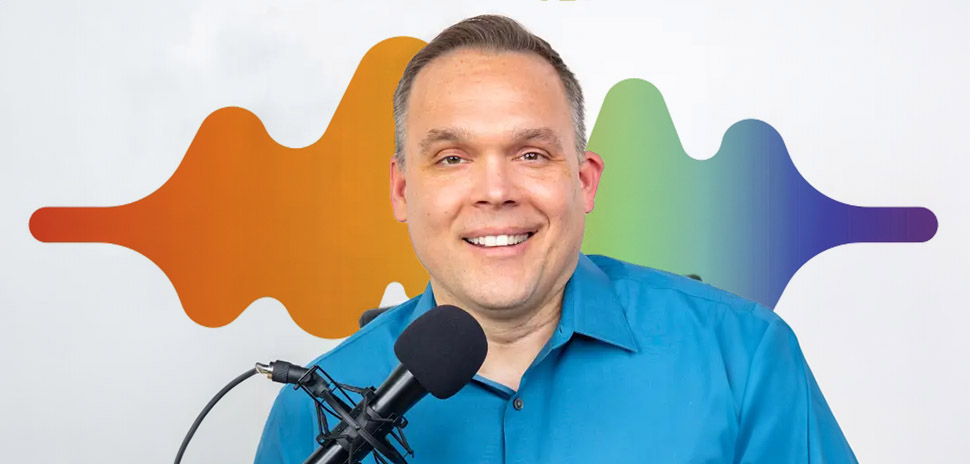“Doable”—it’s the name and the promise of a new Dallas-based creative agency founded by Hugh Boyle and Bob Wagner.
Announced in July, Doable stakes a claim as the “first-ever” advertising and marketing agency in the U.S. founded and staffed by employees with disabilities. The firm will feature the talent of writers, photographers, artists, and other creatives with disabilities.
Founders Boyle and Wagner, both advertising veterans living with disabilities, bring a unique perspective to marketing for—and with—the disabled community. Doable is more than a name, it’s a mission to turn greater disability representation in advertising from a challenging aspiration into a “doable” reality.
Boyle previously held senior roles at WPP and Omnicom agencies and is a trans-tibial amputee. Wagner held senior roles at Omnicom agencies and began his career on the client side with Procter & Gamble and Campbell’s Soup. He has been hearing impaired since birth.
The groundbreaking agency launches at a time when one-in-five working-aged adults in North America live with a disability, the agency says. And the same group as consumers hold a collective buying power of $480 billion.
Doable launches with key alliances already in place.
The agency is part of the Network Agency of Worldwide Partners Inc., one of the world’s largest and fastest-growing independent agency networks. Worldwide partners strategically works with specialized agencies to fit specific client needs. Earlier this month, Worldwide Partners said the new partnership with Doable expands its “unique perspective and performance capabilities in one of the world’s most misunderstood consumer markets.”
Doable also cooperates with The Research Institute for Disabled Consumers and has received launch support and office space from Moroch Partners, also based in Dallas.
Research institute launch
Struck by the opportunity at hand, Boyle and Wagner aim to understand the unique perspectives of disabled consumers.
In tandem with Doable, the duo launched an independent research institute, the Consumers with Disabilities Research Foundation (CoDi Research). The panel-based consumer research company will solely focus on consumers and shoppers with disabilities. CoDi Research will offer consumers-with-disabilities research, data, and insights—and how it impacts the portrayal of life with a disability in advertising and marketing campaigns.
While Dallas based, both companies will work with talent—and clients—across the country.
The founders want to drive a more accessible advertising world through its specialized services. Two key offerings include ‘ShopAbility’ and ‘Unlimited Access,’ as reported by the agency news site Little Black Book.”
“ShopAbility” can use groundbreaking consumer research from Consumers with Disabilities Research Foundation to enhance shopping experiences for consumers with disabilities, while “Unlimited Access” ensures ADA-compliant digital content without compromising design values.
“We’re not simply out to check the required boxes and comply with the law,” Wagner said in Little Black Book. Doable wants to communicate to “existing customers and a new audience of consumers with disabilities, who have real buying power and a clear desire to appreciate and show loyalty to brands that recognise their needs,” he added.
The vision becomes reality
Together, Boyle and Wagner bring complementary perspectives—Boyle as someone who became disabled later in life, and Wagner as someone who has lived with a disability since childhood.
“We’re an interesting pair,” Boyle said in the abilities publication Amplitude. “We cover both sides—those born with a disability, and those who become disabled later in life.”
The idea of Doable took shape in a hospital room, where Boyle grappled with the aftermath of a life-changing amputation.
“Becoming disabled in my early 50s was a dramatic and unexpected life change,” the advertising veteran said in a statement. “But it gave me a new and very different worldview that I was immediately compelled to do something positive with,”
Life challenges as an amputee with “30 years [of] pre-disability agency experience” set the foundation for creating the agency and the research institute, Boyle said.
“Advertising is a beautiful-people industry,” he said in an interview with abilities publication Amplitude. “You don’t see many people who don’t fit the norm in an industry such as that.”
It was a realization that marked the beginning of Boyle’s mission to challenge the status quo. To make his vision a reality, Boyle joined forces with Wagner, who is congenitally deaf.
Wagner says he tried to conceal his hearing impairment for most of his career “with somewhat limited success,” growing his hair long and even wearing eyeglasses to hide his hearing aids.
“I understand disabled consumers not wanting to stand out and the importance and value of meeting their needs on their own terms,” he said.
Diss the ‘dis’
The agency and its founders envision a future where disabled creatives can secure business based purely on their talent and merit, regardless of disability.
“If you were to spend any amount of time around members of the vibrant disabled population in North America, you’ll soon see that our preference is to diss the ‘dis’ and do the ‘do,'” the agency said.
Doable says a “minimum of 70% of its full-time and contract staff live with a disability, working alongside colleagues who do not. The agency says that “truly solving DEI issues for disabled talent can only be achieved through the creation of integrated teams of disabled and abled talent.”
Because, Doable says, “anything else would be a poor representation of the world in which we live.”
![]()
Get on the list.
Dallas Innovates, every day.
Sign up to keep your eye on what’s new and next in Dallas-Fort Worth, every day.










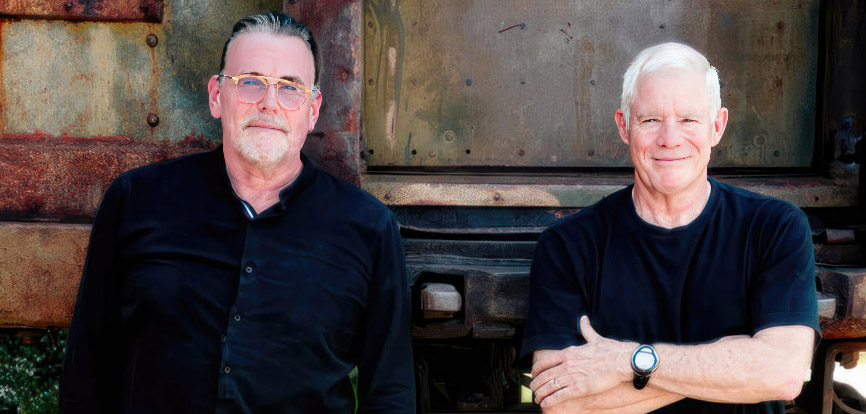
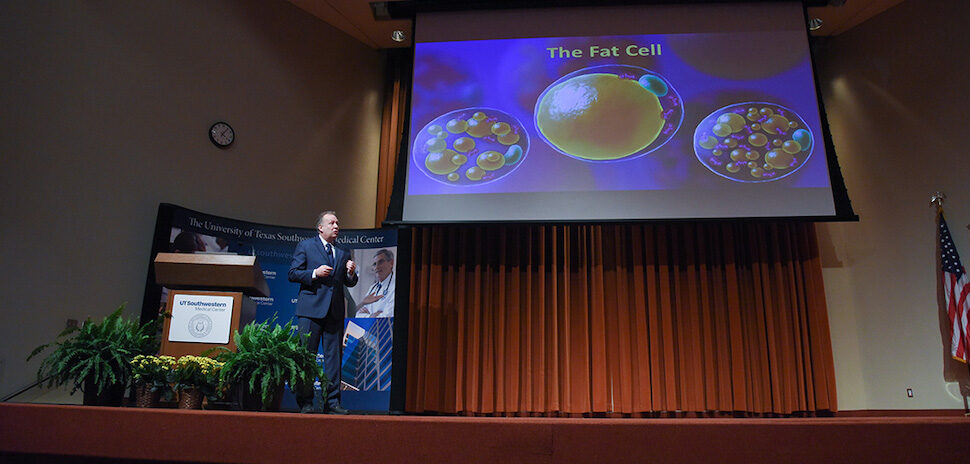

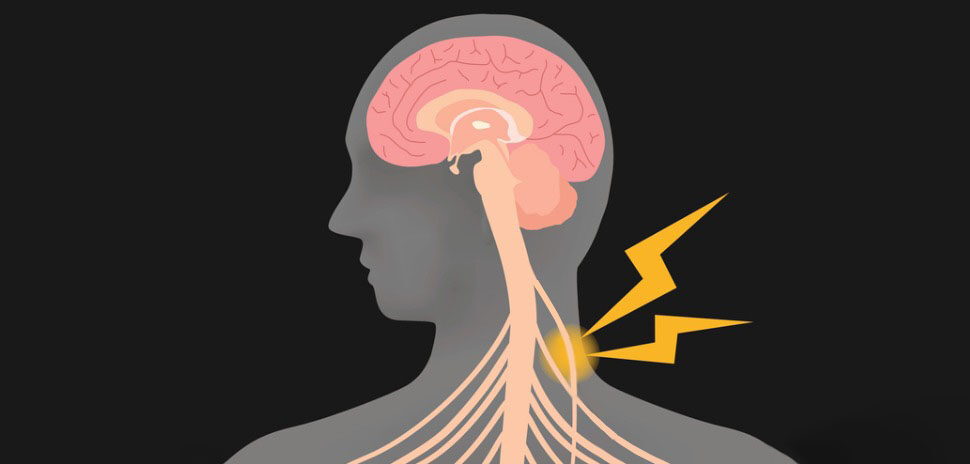
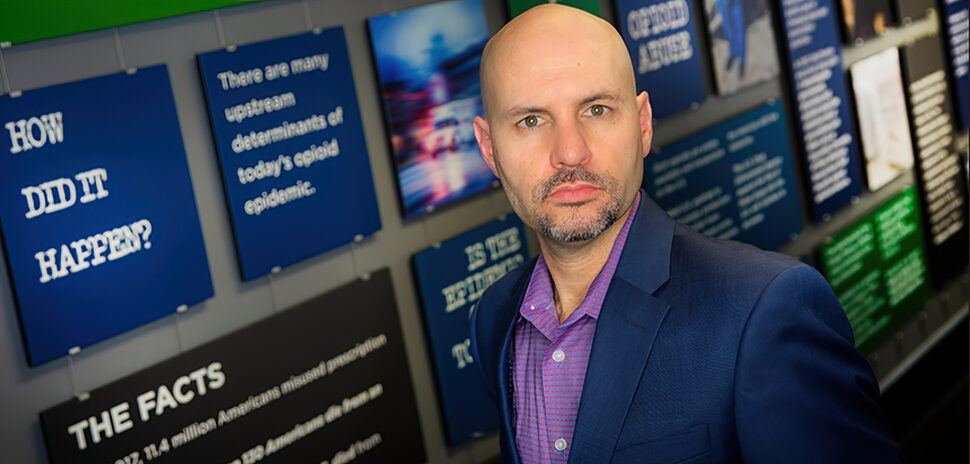
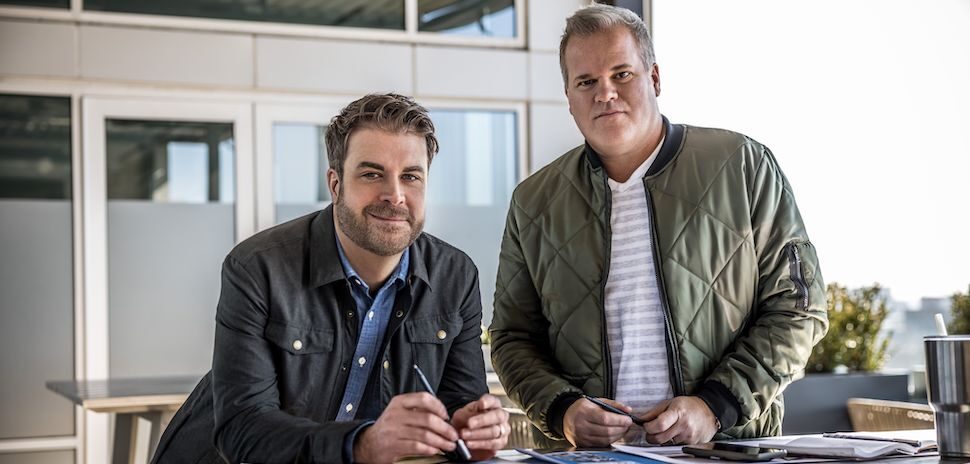












![From left: Co-founder and CEO Mike Fey and co-founder and chief technology officer Dan Amiga. [Image: Islands]](https://s24806.pcdn.co/wp-content/uploads/2022/03/Islands-co-founders-Mike-Fey-Dan-Amiga-75x69.jpg)



